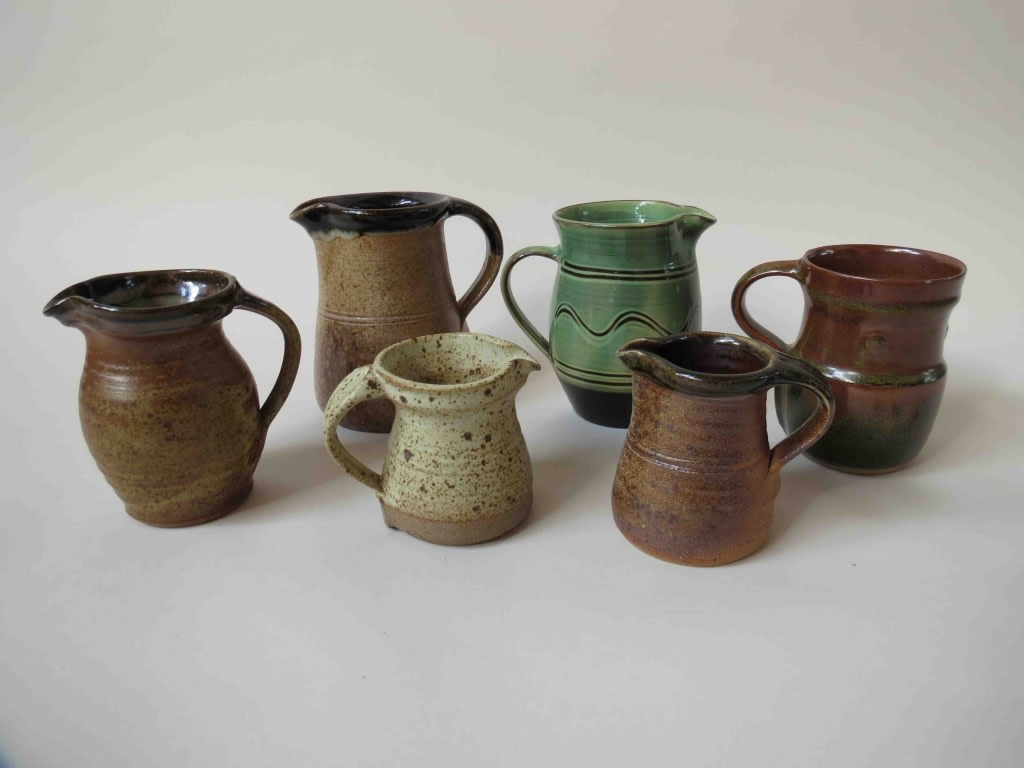What kind of person would value his possessions even more than his own self? We might think that this description would fit a very coarse, materialistic person. Yet our Sages tell us that it is precisely the righteous who have this trait! “‘And Yaakov remained by himself’ (Bereshit 32:25) – Rebbe Elazar said, he remained behind for some small jugs. From this we learn that the tzadikim delight in their possessions more than their own selves. And why is this? Because they don’t grab anything stolen”. (Chullin 91a.)
The prohibition of stealing is generally considered self-evident, and is one of the seven commandments incumbent on all mankind. Even so, there is an inner, spiritual dimension to this commandment which is worthy of elaboration. Each of the basic characteristics of ownership, the right of enjoyment and the responsibility of care, has a spiritual counterpart.
It is a fundamental belief of Judaism that a person’s possessions are granted him by Divine providence. Any number of sayings of our Sages support this: “All of a person’s expenditures are determined between Rosh HaShanah and Yom Kippurim – except for spending on Shabbat and Yom Tov and children’s Torah education” (Beitza 16a). “No man touches what is set aside for his fellow… even to a hair’s breadth” (Yoma 38b). It seems that it is very important to G-d which possessions are assigned to which person!
One reason for this is the right of enjoyment. The laws of blessings reveal that our earthly enjoyments have a very holy source – so much so that our Sages say that anyone who enjoys them without a blessing is guilty of “me’ila”, benefit from sanctified property (Brachot 35a). And this enjoyment is something essential for our souls: in the “borei nefashot” blessing we thank HaShem for creating souls and their needs, in order to enliven the souls of all life!
So one reason that Hashem grants property to one particular person is because the special enjoyment of that property is just what his or her soul requires. Someone who steals it is not only depriving the soul of the owner of this special spiritual enjoyment, but he himself cannot benefit from it. Since this enjoyment was designated for someone else, anyone who benefits without permission is just incapable of absorbing this particular enjoyment.
Chasidut describes this as “gold which is turned to dust”, and we all know the experience of having all the fun taken out of an experience because the human context was not what it was supposed to be. This also explains why a person who acquires his wealth dishonestly has an insatiable desire for more possessions, since he never really enjoys what he has. In our parsha, the rapacious Esav says that he has “much”, but the scrupulous Yaakov replies that he has “all” (Bereshit 33:9,11).
Another reason relates to the responsibility. Just as each of us is responsible for the material care of our possessions, so are we responsible for its spiritual care. Everything in the material which is not forbidden to enjoy has a potential to be used in G-d’s service; Hashem grants it as property to that person who is best able to realize this potential. This can be directly, for example by enjoying the object or by using it for a mitzva, or alternatively by selling it to someone else who can actualize the object’s potential. Perhaps the greatest realization of property’s potential for holiness is to give it away as charity.
Again, anyone who acquires something dishonestly is incapable of effecting this repair. He is depriving not only the owner, but also the stolen object itself, which now finds its potential for holiness temporarily stymied. We know that in Judaism, a frustrated potential for holiness is one of the most abhorrent states there is. It is a profound explanation for the state of tumah as well as the special state of improperly offered sacrifices known as pigul.
Now we can well understand Yaakov’s behavior. As a person at a very high level of Divine care (hashgacha), he was aware that he was very much in need of these jugs, to obtain from them some benefit which would bring him closer to spiritual perfection, and that they were very much in need of him, to fulfill their own potential for G-d’s service.
(Entire shiur based on Likutei Halakhot of Breslov, laws of geneiva and gezeila.)
Rabbi Meir is in the process of writing a monumental companion to Kitzur Shulchan Aruch which beautifully presents the meanings in our mitzvot and halacha. He is also directing the Jewish Business Response Forum at the Center for Business Ethics and Social Responsibility, Jerusalem College of Technology – Machon Lev. The forum aims to help business people run their firms according to Torah, by obtaining prompt, relevant responses to their questions.
The words of this author reflect his/her own opinions and do not necessarily represent the official position of the Orthodox Union.
